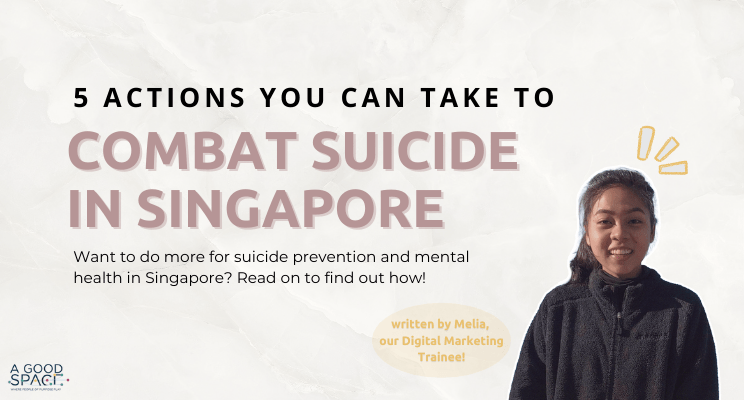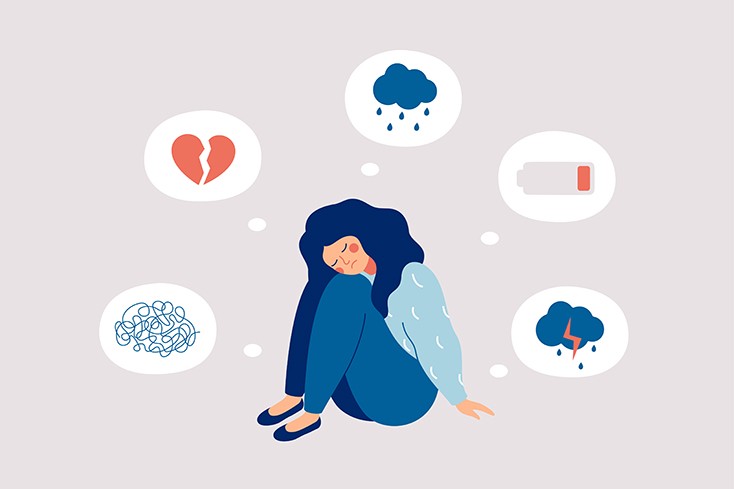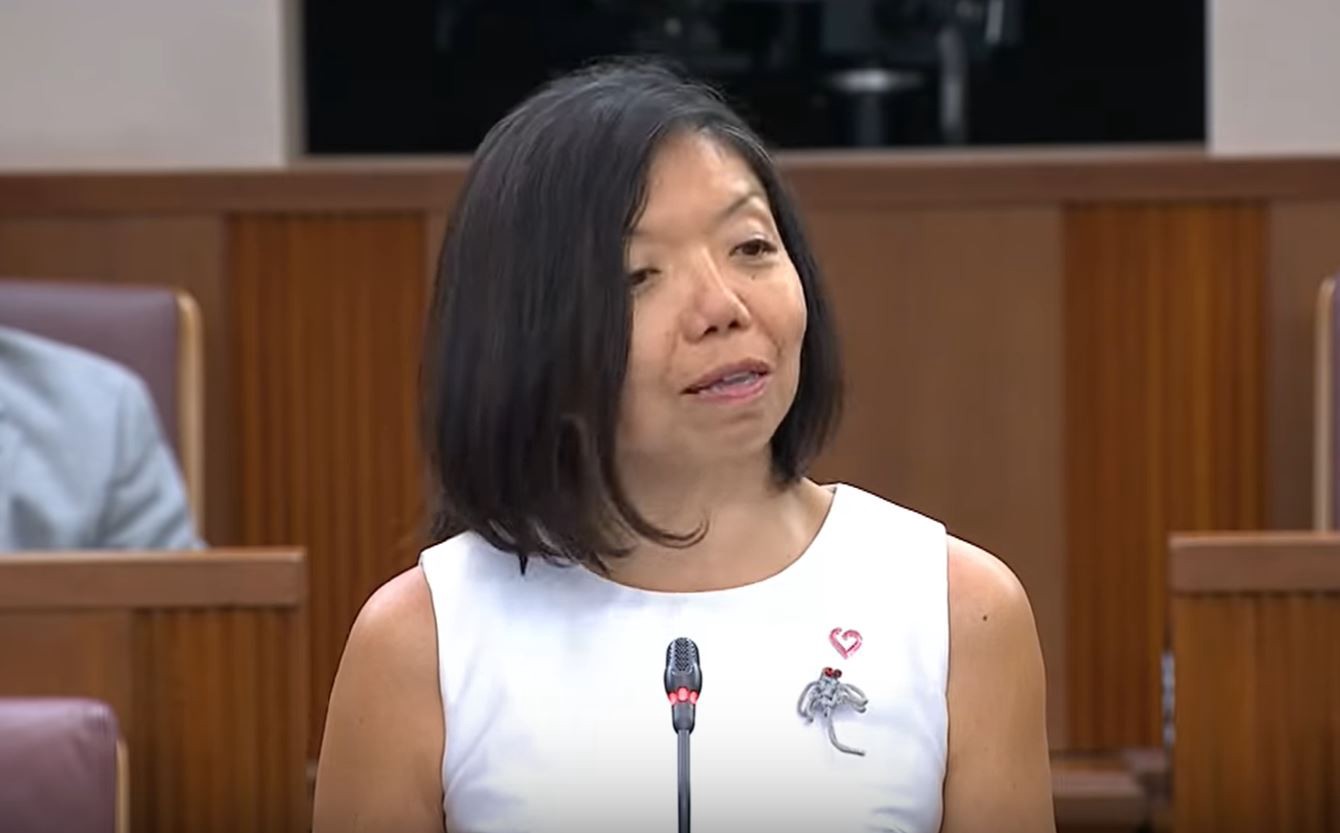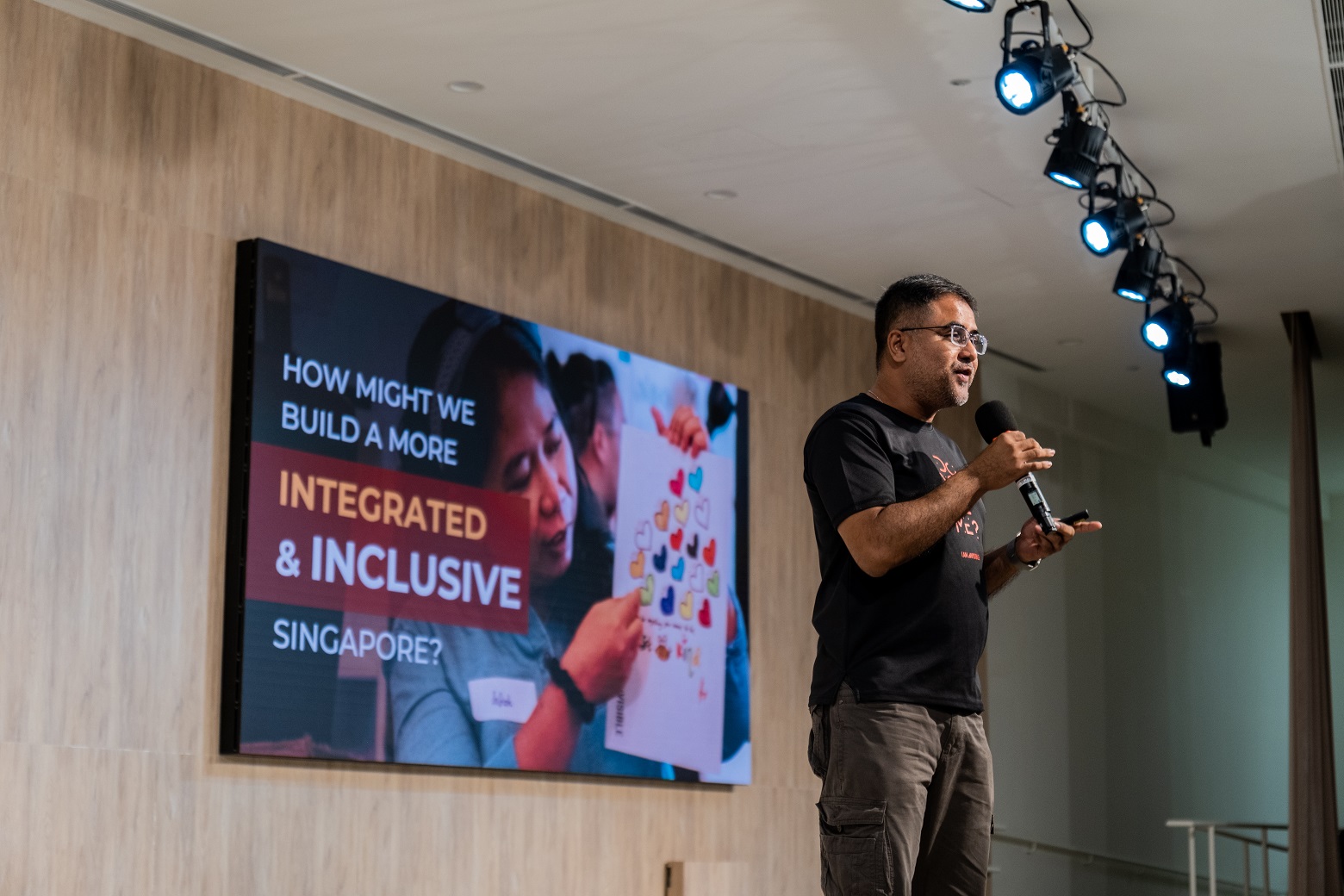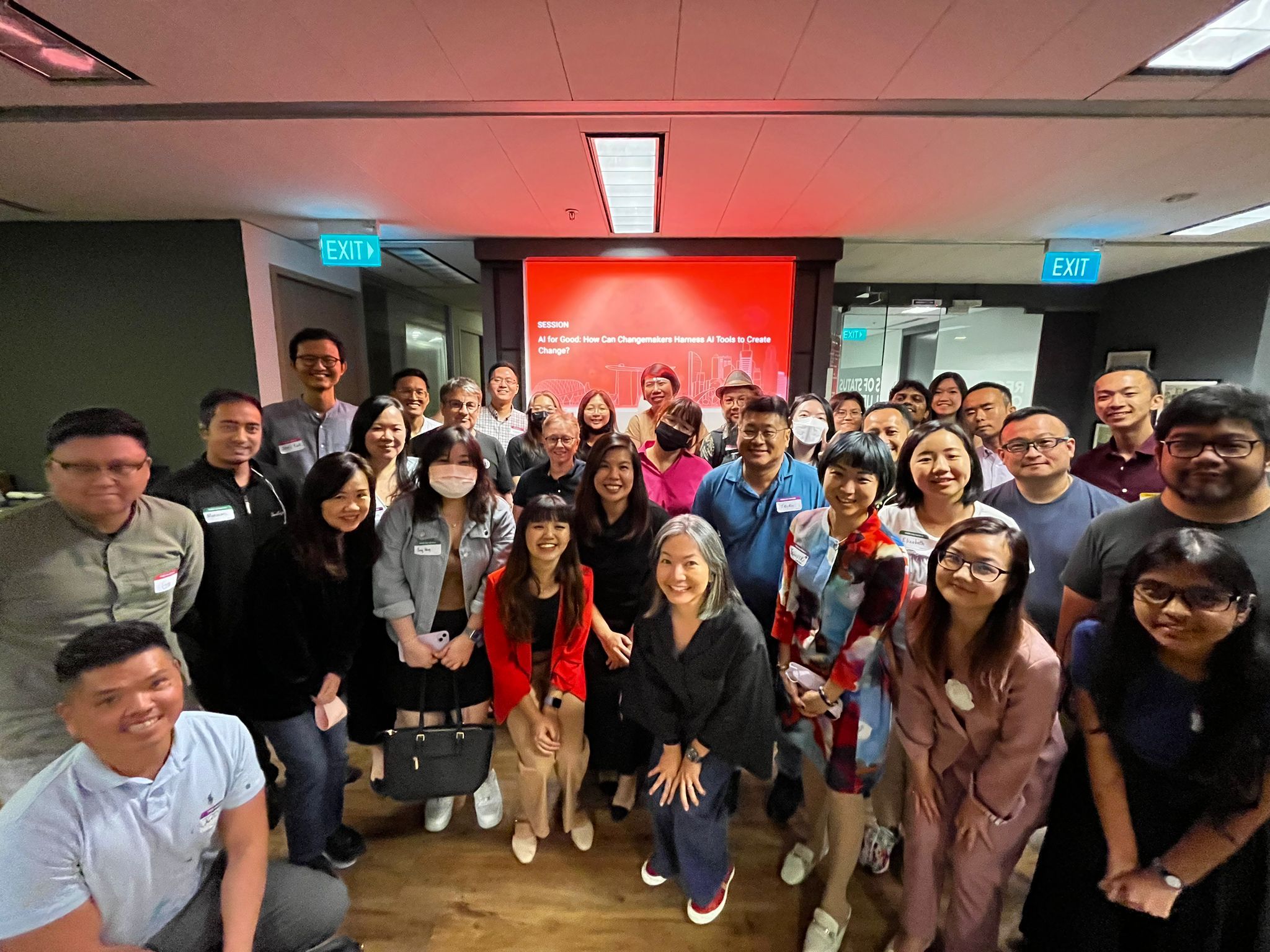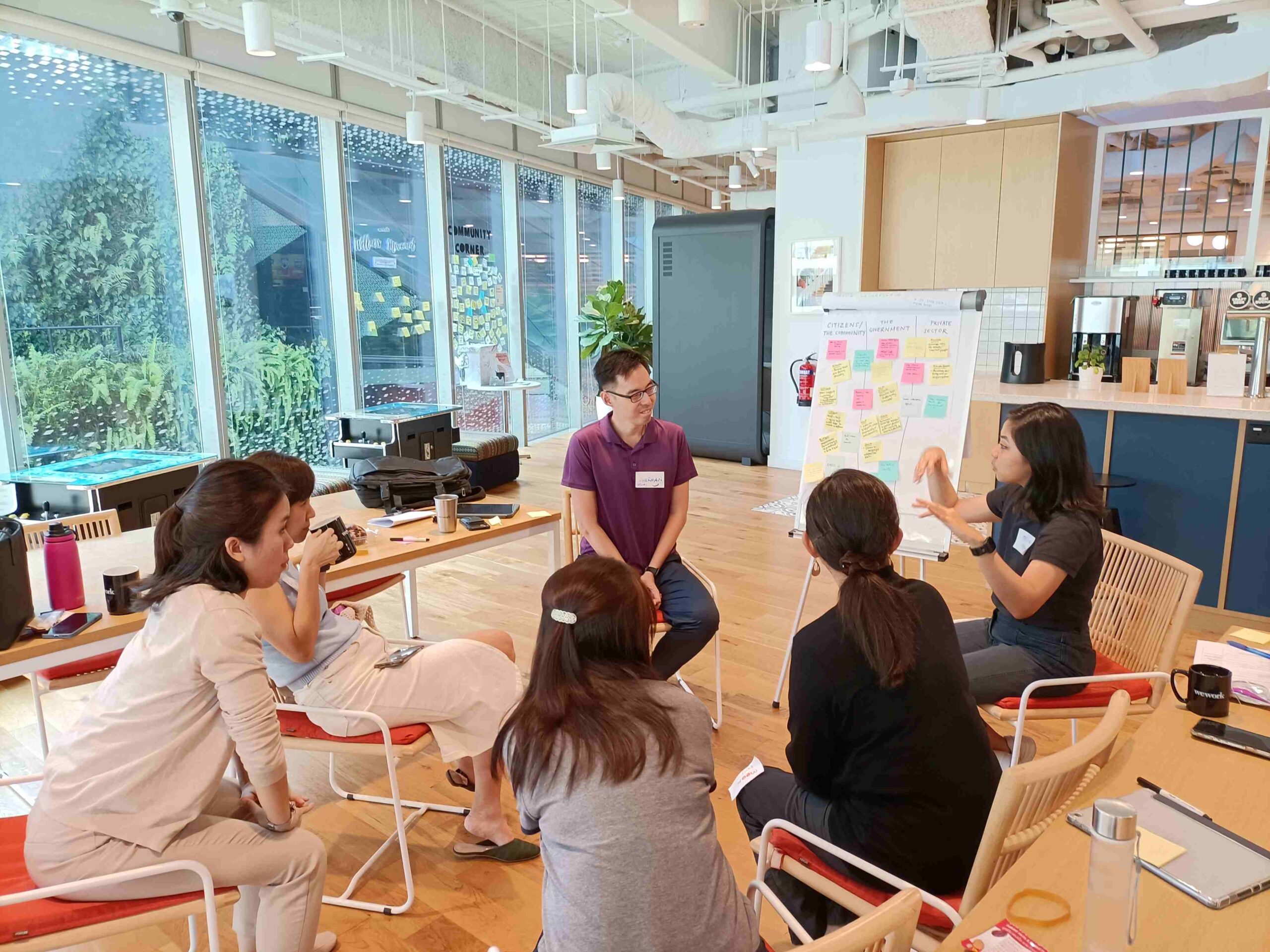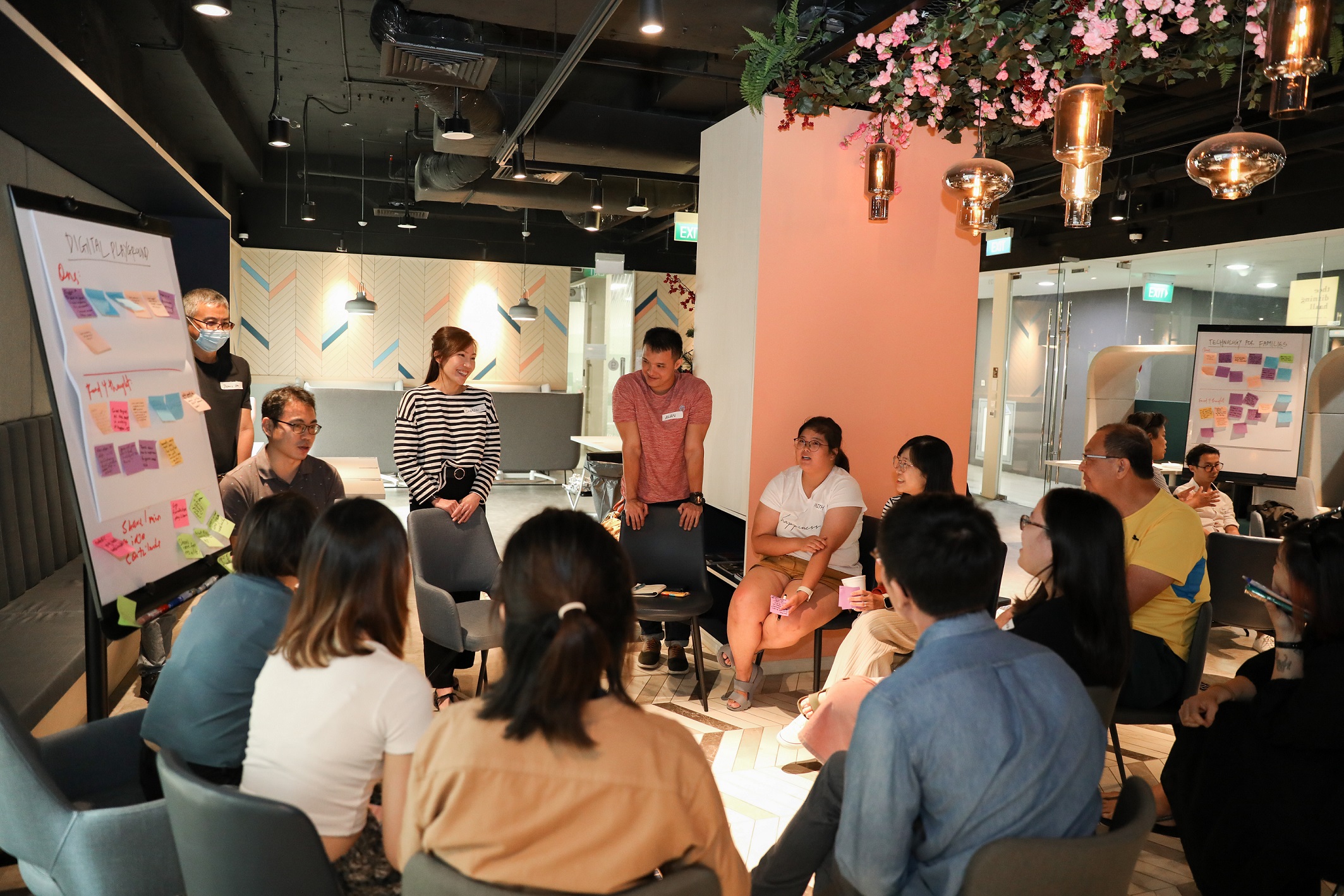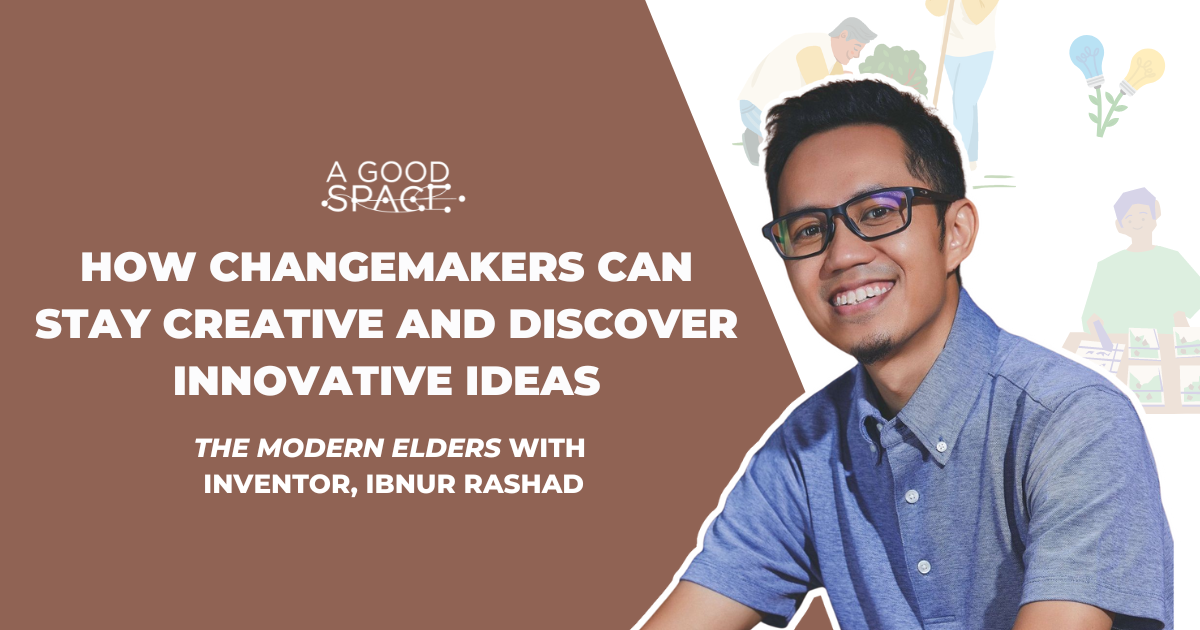In December 2017, I lost someone to suicide.
I was on holiday in Japan when I received the news. Kim Jonghyun, 27, the Lead Singer of K-Pop Boy Band SHINee, Has Died. News reports suggest he died by suicide.
Jonghyun was an idol I followed and supported ardently since I was 11. Grief is a complicated process, and grieving for a celebrity felt undeserved and honestly, a bit silly.
And yet, there I was in the darkness of my hotel room that night, feeling everything from disbelief to confusion to heartbreak to an overwhelming sense of helplessness; wishing I could have done something, anything to have prevented this from happening.
In his farewell note that was made public the following day, Jonghyun alluded to the larger issues of stigma surrounding mental health when he spoke about a doctor that dismissed his depression as a result of his personality.
Knowing that he had sought professional help, only to be told such apathetic things turned my helplessness into anger, which then became a quiet resolve to fight for a world where mental health is taken seriously, where people dealing with depression or any other mental health issue never feel as though they are to blame.
If you too are passionate about mental health and suicide prevention, and are looking to contribute beyond reposting stories onto your social media feed, continue reading to find out the current gaps in our system and 5 ways you can do more for the cause.
Lack of resources and funding
Ensuring equal access to quality support has been greatly hindered by our lack of trained professionals and an underinvestment in our mental healthcare system.
Singapore currently has a national average of 4.4 psychiatrists and 8.3 psychologists for every 100,000 residents, one of the lowest ratios among similar high-income nations. The 24-hour National Care Hotline is currently run by a small group of about 500 volunteers.
Moreover, in 2017, only 3 percent of the Ministry of Health’s operating expenditure was dedicated to mental health.
This shortage of resources could result in many Singaporeans being left to struggle with their mental health without proper support, causing it to decline to crisis point where help comes too late.
Stigma affects help-seeking behaviour
The stigma surrounding mental health and suicide has been identified as another significant obstacle faced by mental health service users and providers.
Singaporean society generally continues to view mental illness as a sign of weakness rather than a medical condition to be taken seriously, which breeds further prejudice and discrimination.
More dangerously, this lack of understanding towards mental health as a whole ultimately leads to an underutilisation of services and the adoption of deflective behaviours instead of help-seeking ones when dealing with mental health challenges.
But how do we, as individuals, address these seemingly structural flaws?
I spoke to Valerie Lim, co-founder of the PleaseStay Movement, an advocacy group that works towards supporting people through grief and promoting youth mental wellness about her thoughts on how we can contribute to suicide prevention.
1. Speak mindfully about mental illness and suicide
Valerie’s first action step is to actively remove degrading or judgemental language from our vocabulary. For example, instead of saying someone “committed suicide”, which suggests that the act or thoughts of suicide are morally reprehensible or illegal, consider the phrase “died by suicide”.
Saying that someone “has depression” rather than “is depressed” keeps the language objective and ensures that we do not judge, mischaracterise, or place blame on individuals with mental health concerns.
Be mindful of the power language holds in shaping our perspectives and behaviours towards mental health. As Valerie aptly put it:
“The kind of words you use reflect the kind of attitudes you have. It shapes the way you approach a person who is either suicidal or suicide in general. It’s important that we speak well. That’s the first thing you can do; learn how to address suicide and mental health first and then spread it and talk about it in your little circles.”
Adjusting our phrasing and word choices may seem like a small act, but it can have a big impact on reducing mental health stigma.
2. Get trained!
Mental health training allows individuals to cultivate knowledge about common mental health conditions and gain a deeper understanding of why early intervention matters.
Doing so aims to reduce the stigma surrounding mental health while teaching people to identify risk factors and symptoms for complex mental health issues, such as cyberbullying, trauma, and depression/anxiety.
On top of providing the knowledge and skills to handle larger crises and to intervene before the distress becomes an emergency, these trainings also teach you how to protect your own mental health.
Equip yourself with the skills to make proper referrals and respond to students before they reach crisis situations by attending any of the following trainings below:
Tzu Chi Humanistic Youth Centre’s Digital Peer Support Skills Workshop
Mental Health Courses offered by the Social Service Institute
CHAT Talks and Workshops
Caring for Life half-day (4-hour) Training Programme
Campus PSY’s Safe Circle Trauma-Informed Care (TIC) Talks & Workshop
3. Volunteer with an organisation/initiative
When I asked Valerie whether funding was a big problem for her at PleaseStay, she laughed and replied in the negative, elaborating that “[she doesn’t] care as much (about money) because the work that [they] do requires heart and time.”
So, if you have some to spare, consider volunteering at any of these organisations and initiatives:
- SOS (sign up here)
- PleaseStay (email them at pleasestaymovement@gmail.com)
- Youth Mental Well-Being Network (sign up via this link)
- Beyond the Label (sign up via this link)
- Silver Ribbon (sign up via this link)
- Acceset (find out more here)

Most of these volunteer opportunities have their own training programmes to ensure that you have the skills to provide quality support (Do note that most of them require you to be at least 18 years old).
Volunteers can help with a variety of other roles; from assisting during events, engaging various stakeholders, starting creative projects to raise awareness or even helping to manage social media!
4. Start or join a peer support group in your school (or organisation)
Peer support has been proven to be an effective mechanism to combat mental health issues within a community. It fosters social connectedness experienced from interacting with peers and a sense of group belonging that comes from sharing personal stories.
More importantly, peer support builds confidence and hope for healing. Valerie shares,
In March last year, the Ministry of Education announced that all schools would have peer support groups by 2022.
Find out if your school or organisation has a peer support group for you to join. If not, think about raising it up to the relevant people or starting one yourself!
Having co-founded 3 peer support groups (Child Bereavement Support Singapore, Pieta Singapore and the PleaseStay Movement), here are some of Valerie’s do’s and don’ts when offering peer support:
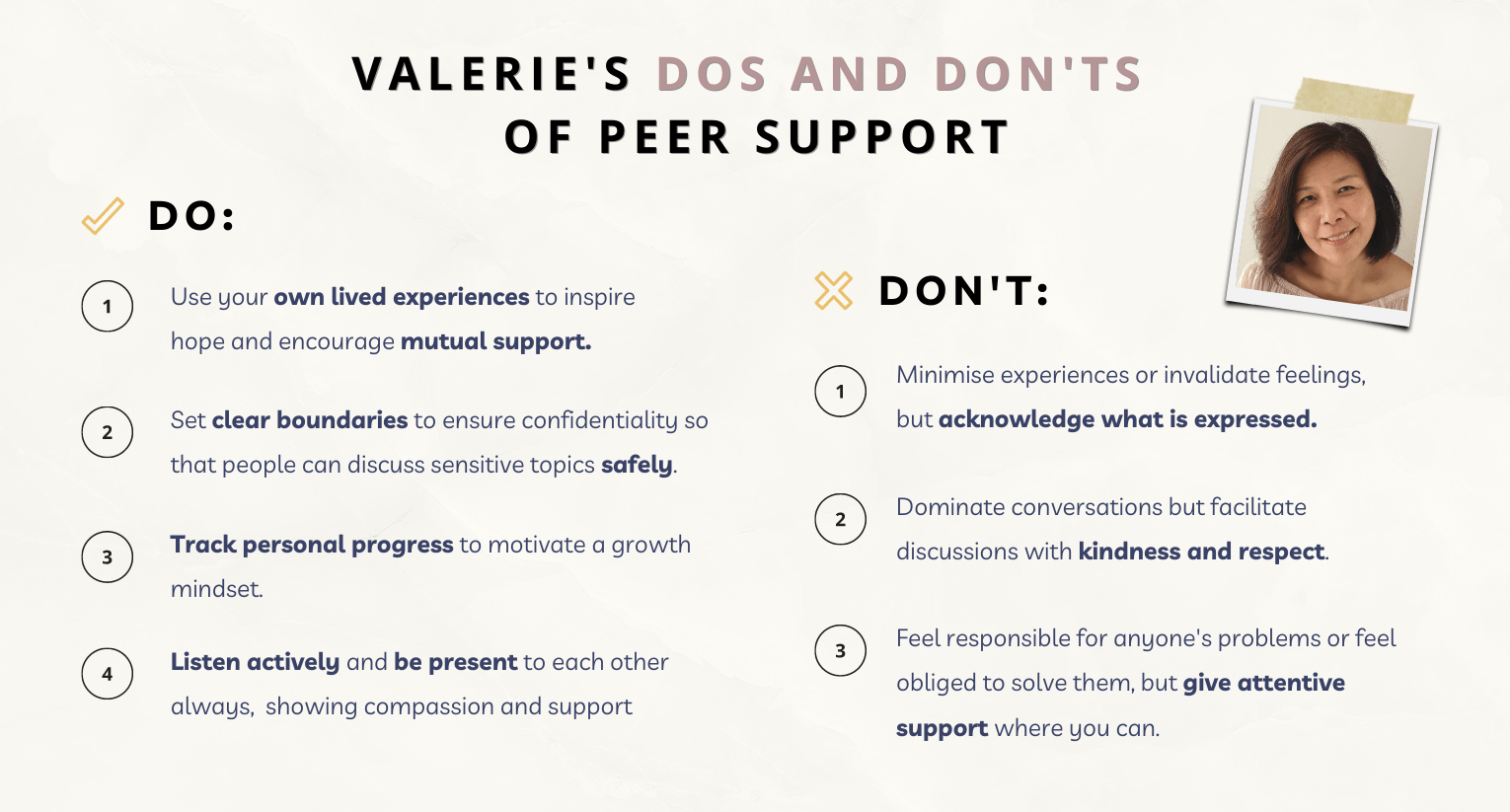
5. Write to your MP and lend your voice to public consultation
Though there is much work to be done on the ground, change must also happen on the policy level.
To ensure the adoption of appropriate and equitable mental health policies, legislative solutions need to be tailored according to specific local contexts and cultures. We are fortunate enough that our government has structures in place to ensure that public sentiments are considered in this discourse.
For example, when it was announced that Dover Forest might be cleared to make way for new BTO flats, MP Christopher de Souza mentioned the overwhelming concern expressed by residents at the loss of forests through the “dozens and dozens of emails and Facebook messages and WhatsApp (messages), and in person-to-person conversation at Meet-The-People sessions.”
This brought higher attention to the issue of natural heritage preservation, which eventually resulted in the revision of plans such that the development of the western half of the forest was to be reviewed again in 2030.
There are even community initiatives such as SG Mental Health Matters that engage with the public on issues of mental health and wellbeing with the aim of contributing to mental health policies and advocacy efforts.
In late 2019, SGMHM ran a public consultation (Singapore’s first on mental health) that garnered close to 400 responses within a couple of weeks. 70 percent were from people with lived experiences, while the remainder were from caregivers and mental healthcare professionals.
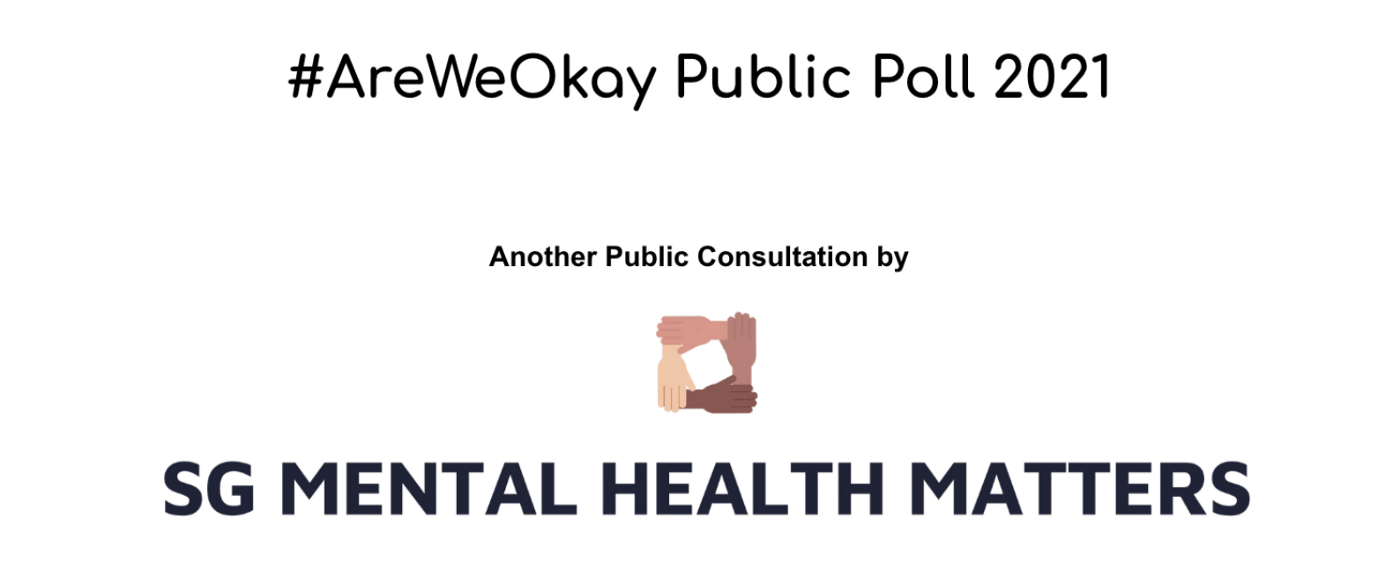
The responses provided a clearer understanding of the needs of our community and the existing gaps in Singapore’s mental health landscape.
Former NMP Anthea Ong then presented these findings during the Budget 2020 debates as she urged the government to improve the affordability, accessibility, and quality of mental healthcare in Singapore.
MPs work to represent you and the issues you care about. Find out who the MPs in your constituency are via this website, stay connected and lend your voice to the conversation whenever opportunities present themselves.
Conclusion
While it is important to observe events such as World Suicide Prevention Month to rally support and raise awareness for the cause, it is equally vital that these conversations and actions regarding mental health happen everyday.
This year’s message for suicide month is creating hope through action.
We hope that this article has demonstrated how everyone has a role to play in making Singapore a zero-suicide country and that it has provided you with avenues through which to fulfil that role.
Want to get started but don’t know how? Consider joining our community and learn from 58 diverse changemakers supporting each other to create social change. Find out more here!

Sin Melia
Melia is a Digital Marketing Trainee at A Good Space. She is a big fan of mother nature, tiger balm and food tiktok. You can probably find her somewhere over-analysing a TV show or K-drama.

